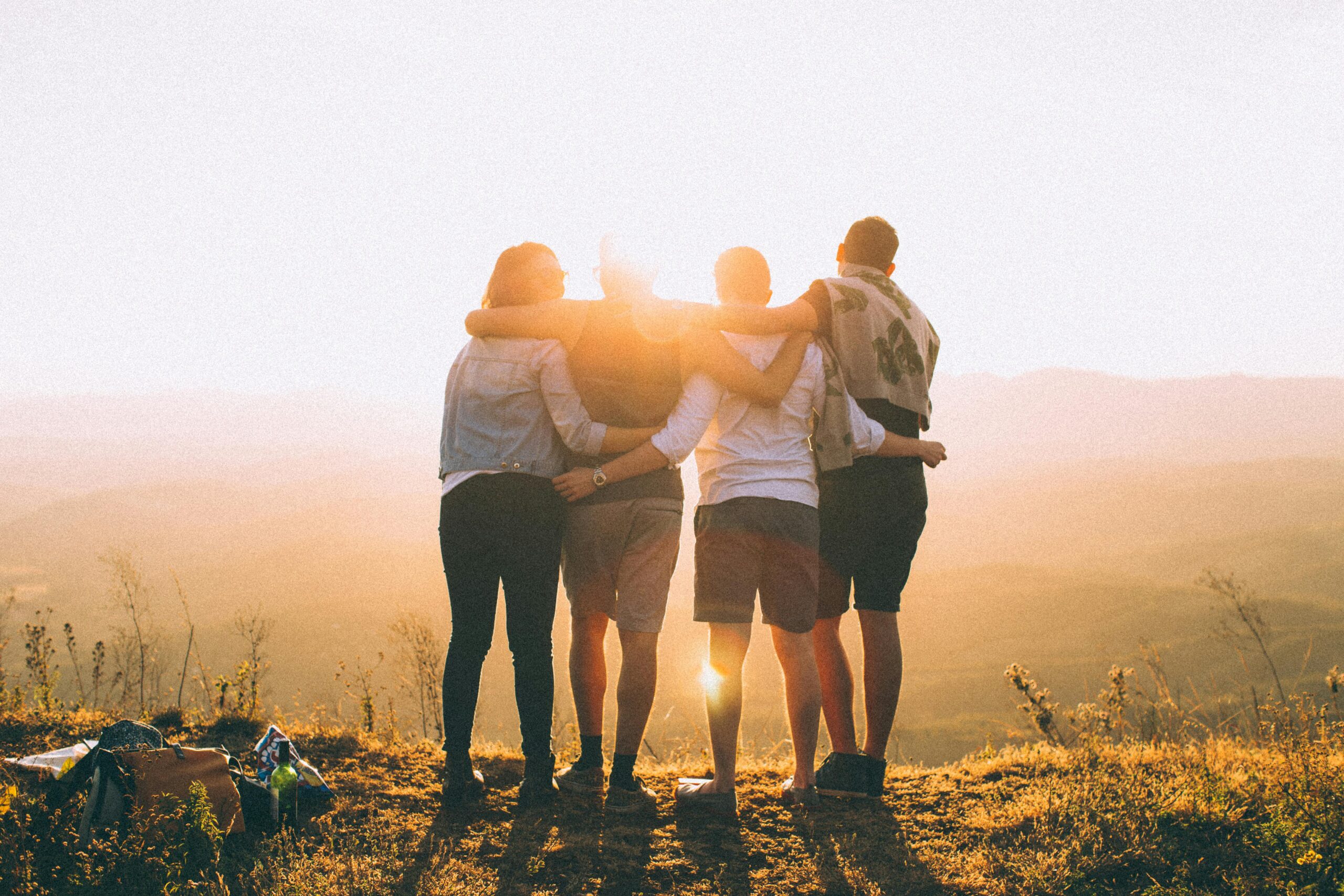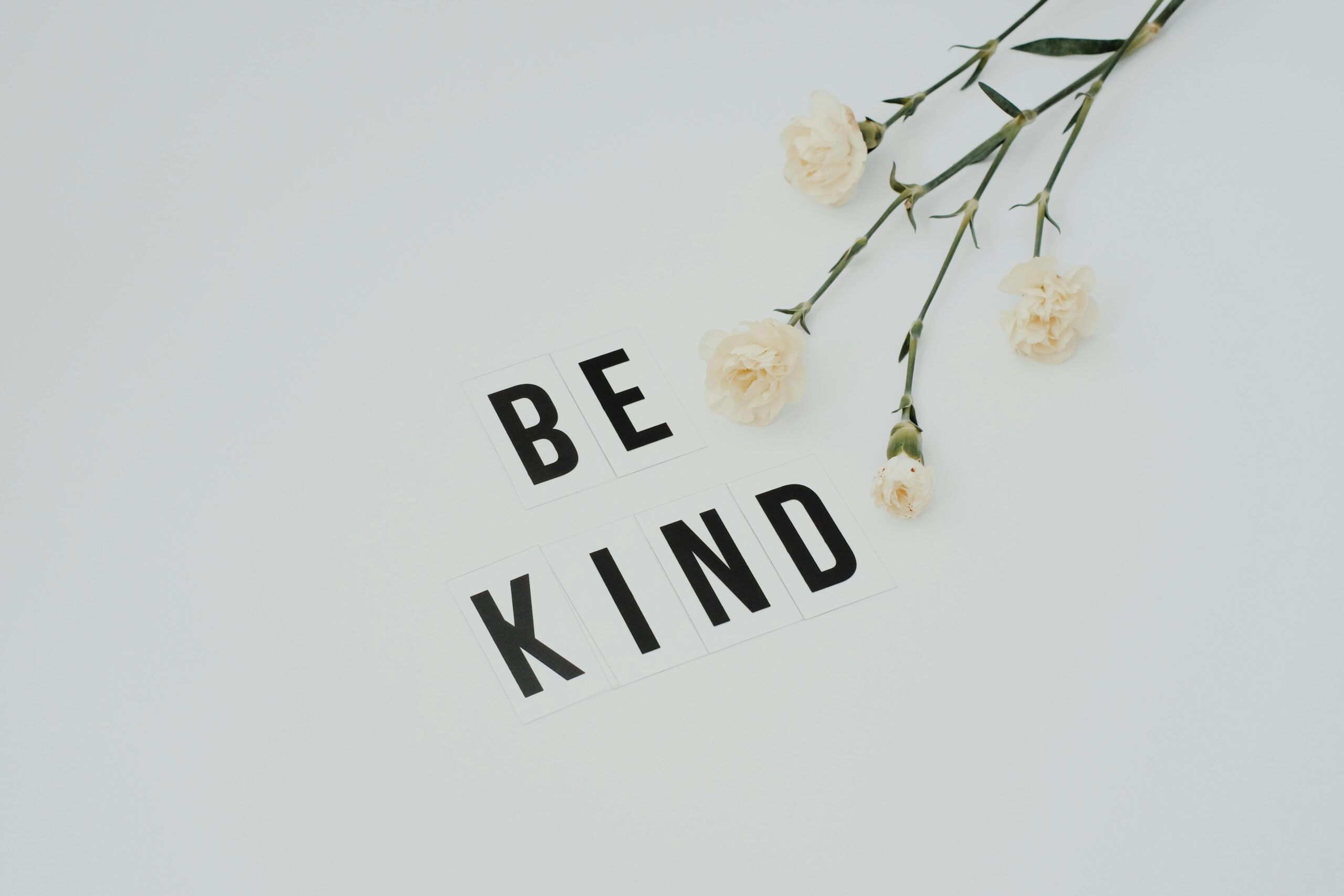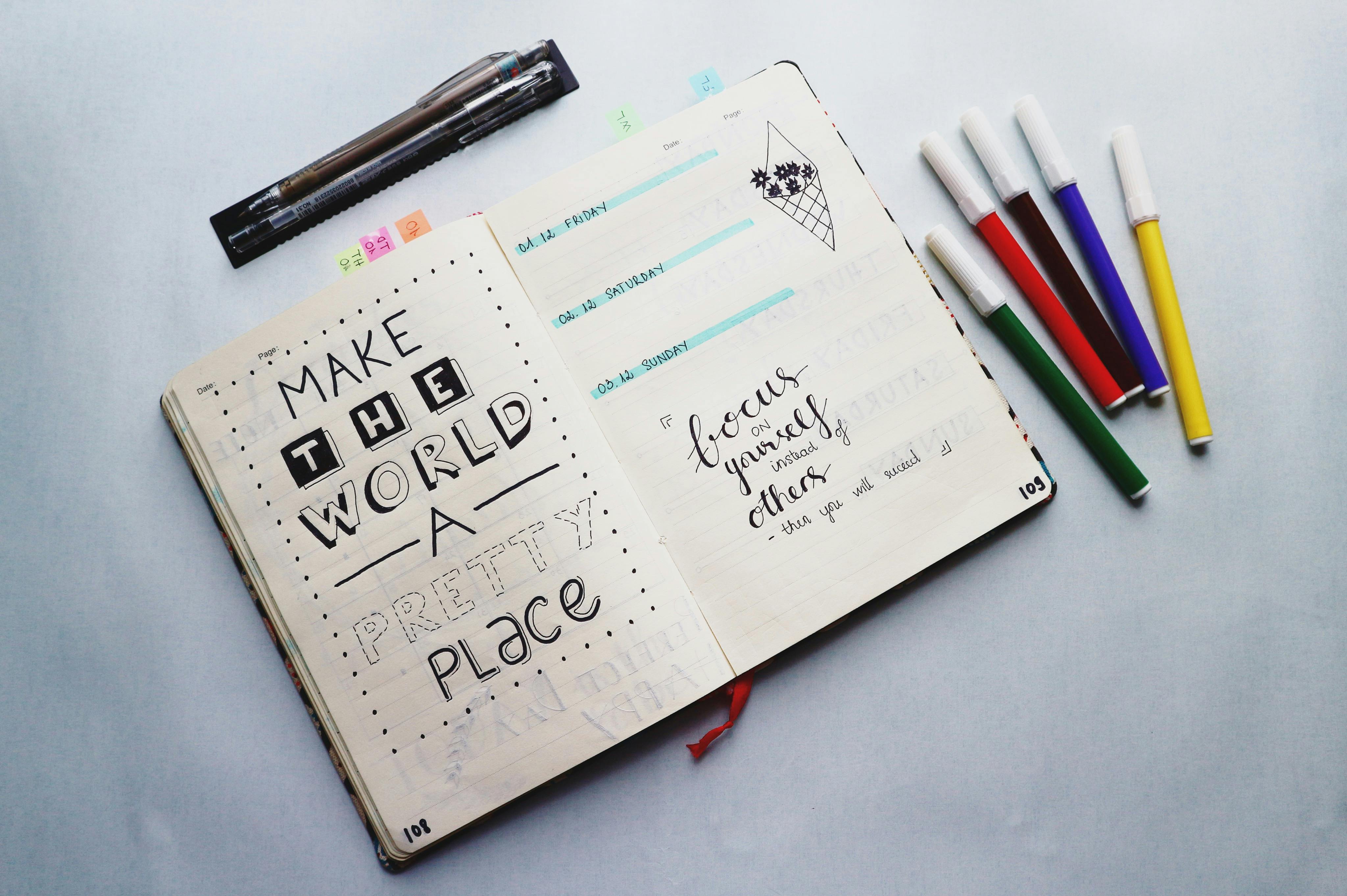Kindness is such a vague word, and yet it is used often and means so much. The word itself is usually defined or associated with other vague words such as being friendly, considerate, caring, or good. And yet, we don’t need a concrete definition of “kindness” to grasp its impact or understand its importance. Even as an abstract concept, kindness holds immense power, lifting others and fostering connections that resonate deeply. This is why World Kindness Day is so special – it’s a moment to recognize, celebrate, and practice the simple acts that make a difference in our lives and the lives of those around us.
Learning Kindness: Childhood Lessons and Early Associations
As individuals, I believe that the majority of us are taught to be kind. As a child, I remember associating kindness with being a good person. I would share my snacks with my classmates, I would try to be extra patient and hold in my annoyance when the rowdy ones would keep bugging me to play. I never picked fights or got mad at anyone, I never lied or talked ill of others, all because I understood that in order to be a good person, I needed to be kind. Later on in life, however, kindness proved to be more than just a manifestation in my actions. While being generous, patient, considerate, understanding, thoughtful, and caring, made up the way I showed kindness, I realized that kindness went deeper than that. I realized that through kindness, we form human connection.

Beyond Good Actions: The Deeper Essence of Kindness
Humans are social creatures, we long to connect and be around others who make us feel safe, loved, appreciated, happy, and seen. But that connection is actually started and maintained by kindness. A simple gesture like offering to help someone carry their things can be the start of a new friendship. A simple question like “Are you alright?” or the gesture of checking up on someone can lead to deeper relations on a more personal or emotional level. And even a simple smile can brighten up the day of a stranger.
Kindness does not have to be expressed in such grand gestures. In fact, I believe it is the random acts of kindness that can make the biggest impact, because of how natural those little moments can be. Apart from this, kindness can be very contagious. Whenever I would receive an act of kindness, like assistance from a stranger, I would always feel much better and way more inclined to act with kindness throughout the day. I think this makes it all the more wonderful.
Self-Kindness: What it Means to be Kind to Yourself
As I grew older, I came to another realization – that kindness can also be for the self. As compared to being friendly, considerate, caring, and good, I have come to understand that being kind to yourself takes on a different approach. When directing kindness to yourself, it would be more of appreciation, like being thankful for and valuing who you are as a person, what you have, and what you can offer to the world. It would be more of acceptance, of your imperfections, and forgiving yourself for your mistakes. And, it would be more of respect, like being honest with your thoughts and emotions, setting your own boundaries and upholding your personal values, and having the courage to be true to yourself and authentic as you navigate through life.

Take the First Step Towards Self-Acceptance and Compassionate Support Today
Struggling with self-compassion or self-acceptance? You’re not alone. Connect with a Filipino therapist who understands your cultural background and can guide you on a journey of self-discovery, healing, and growth. Embrace the power of self-kindness with the support you deserve. Start your path to a more compassionate you today.
About the Author

S. Verzosa is a BS Psychology graduate from the Ateneo de Manila University. Lover of fiction, art, music, dance, and the understanding of all those around.








